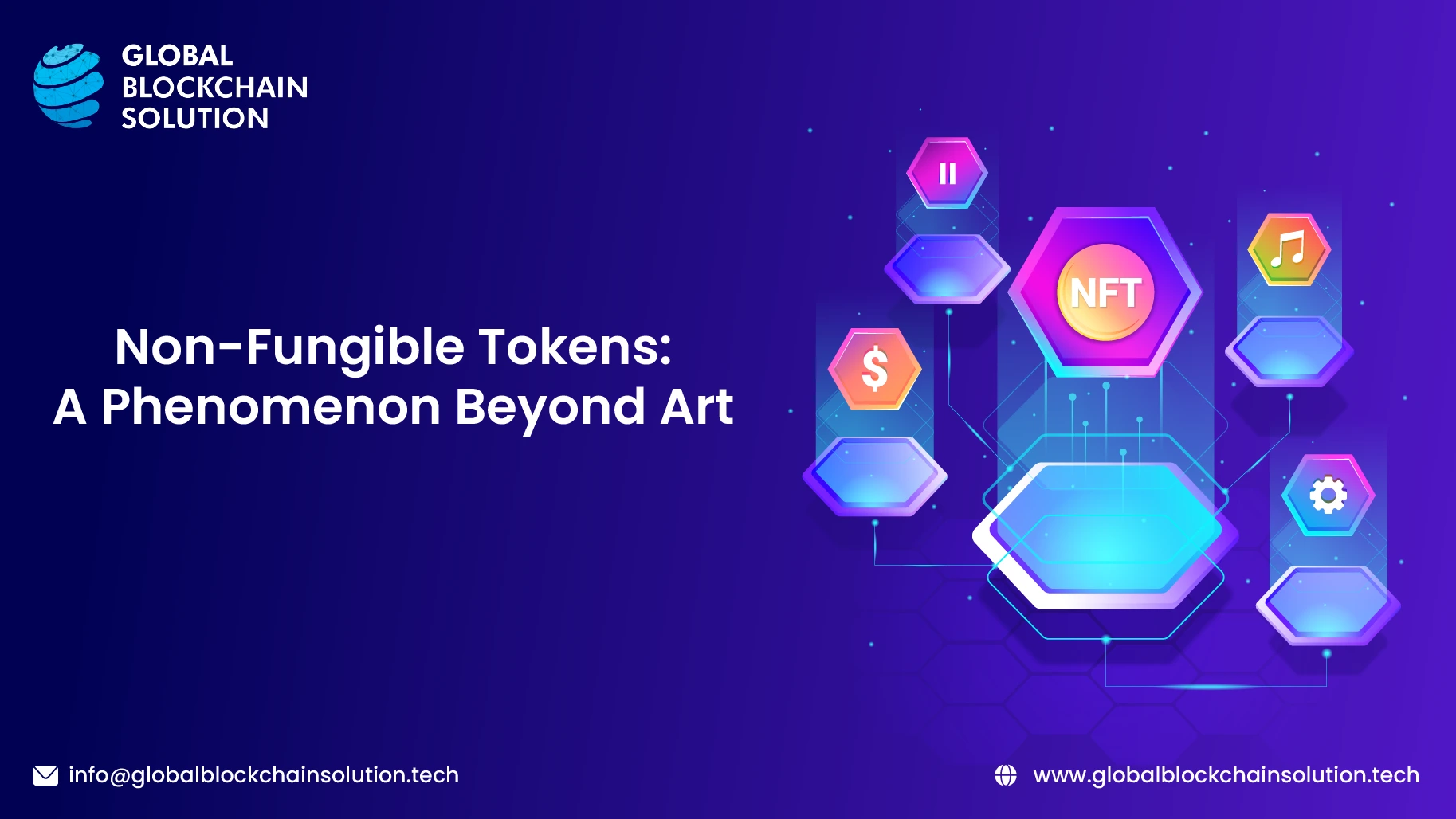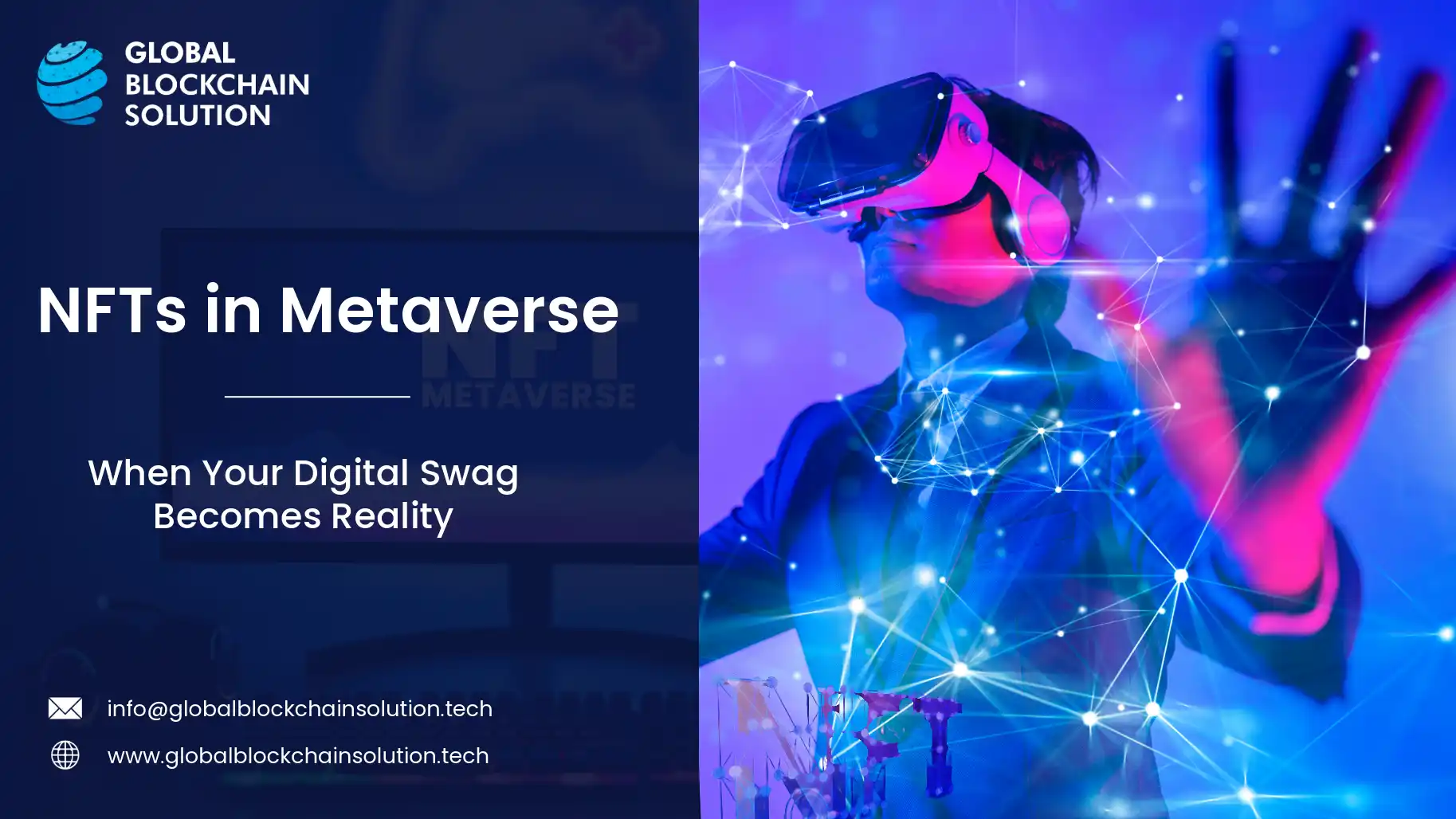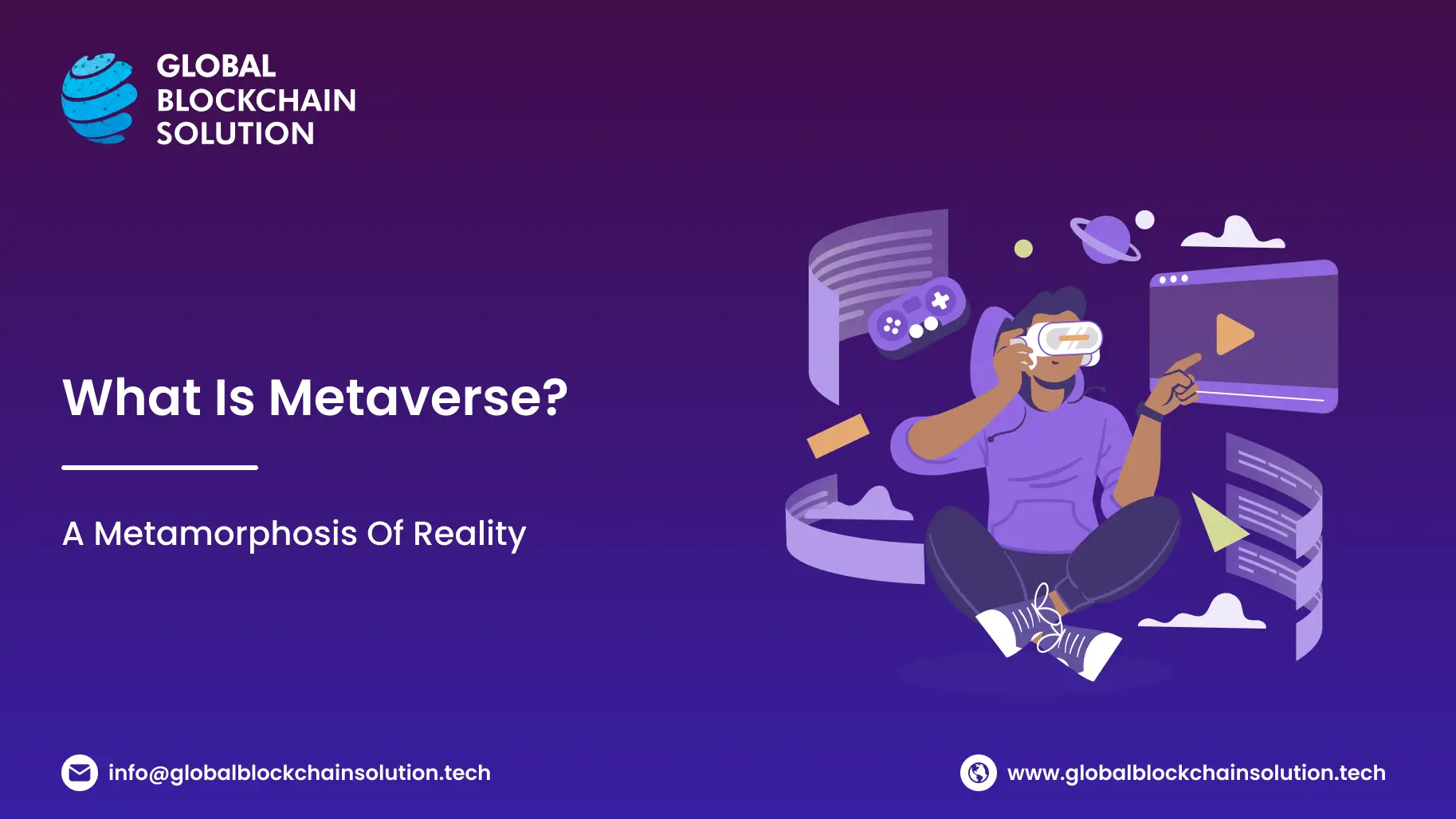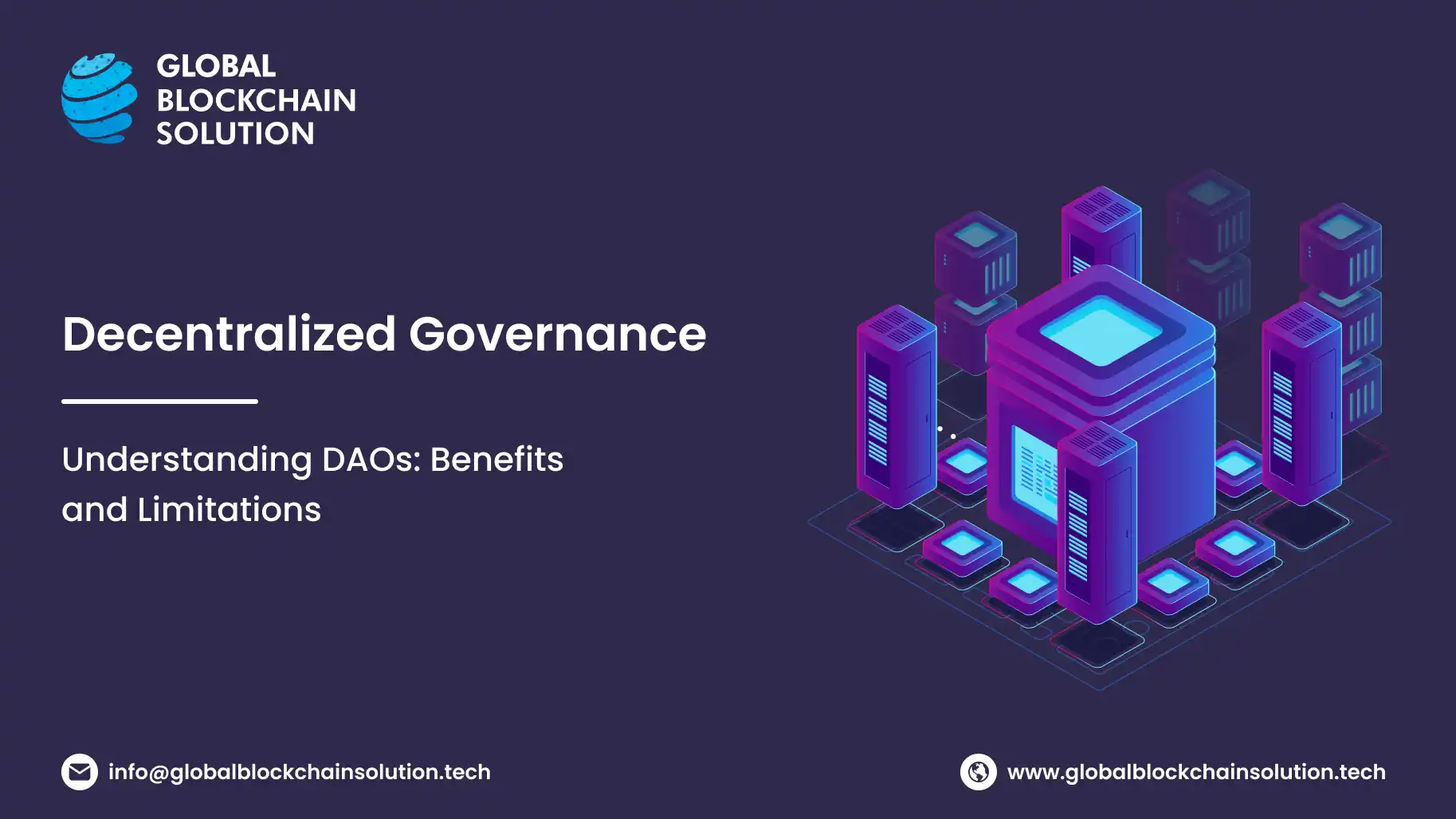The world of blockchain is abuzz with excitement about Non-Fungible Tokens. These unique digital assets are captivating creators and collectors alike, projecting over $3.2 billion in market revenue by 2027. But behind the headline-grabbing sales is a complex ecosystem driven by passion and community.
At their core, NFTs recognize and value digital creativity. The $590,000 paid for the Nyan Cat GIF illustrates the immense worth society now places on virtual works. However, the NFT landscape offers opportunities at all price points - over 50% of transactions fall below $200.
The openness extends to the user base as well, with diverse participation across geographies, genders, and socioeconomic spectrum. For instance, countries like Thailand and Venezuela see more women participation in NFTs than men.
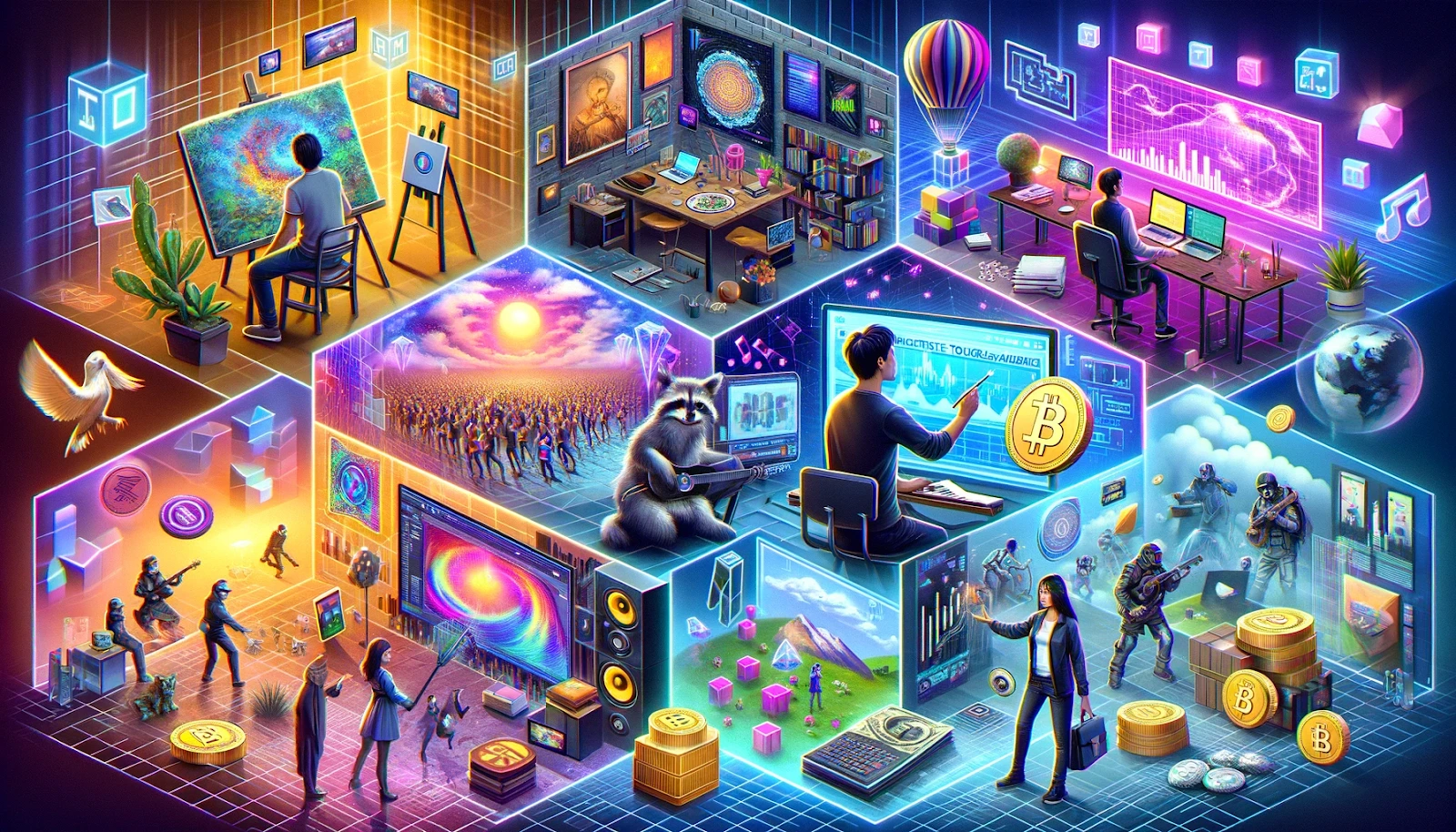
As NFTs enter the mainstream, accessibility and innovation remain essential. Platforms like OpenSea have seen massive growth, with 100,000 monthly active traders driving discovery and exchange. Still, there is potential to further democratize access and shape the technology for the benefit of all.
This is the vision of Global Blockchain Solution. We believe in the transformative power of NFTs and blockchain. But we know technology must put people first. As pioneers in this new digital epoch, we are committed to advancing NFTs as an inclusive tool for empowerment. The future will be defined by those who harness community, creativity, and purpose.
So, let’s answer one of the quintessential questions that a lot of people and businesses often have: “What are NFTs used for?”
This Article Contains:
But First, The Evolution of NFTs
The history of NFTs has been one of relentless innovation, with each milestone revealing new possibilities for blockchain technology. It all started in 2014 when developers Kevin McCoy and Anil Dash created Quantum, encoding a digital artwork on the blockchain to establish provenance and ownership.
This pioneering NFT sparked a wave of experimentation, with projects like Rare Pepes in 2016 and Spells of Genesis in 2015 pioneering crypto art and gaming assets respectively.
The launch of Ethereum in 2017 proved to be a catalyst, providing the smart contract infrastructure to power the creation and trading of NFTs at scale.

That year saw the birth of hugely popular projects like CryptoPunks and CryptoKitties, with the latter gaining widespread media attention and driving the adoption of standards that enabled NFT growth.
The years that followed saw an expansion into new domains like immersive digital worlds and sporting memorabilia. Platforms such as Decentraland in 2020 and NBA Top Shot in the same year demonstrated the potential of NFTs for virtual real estate and fan engagement.
Meanwhile, games like Axie Infinity introduced play-to-earn models that incentivized gameplay with crypto rewards.
2021 marked a coming-of-age for NFTs, with record sales like Beeple's $69 million digital artwork at Christie's auction house. But beyond the headline figures, NFTs became a cultural phenomenon through art projects like Bored Ape Yacht Club, built using ERC-721 standard, and embraced by brands across industries.
Also Read: What is the ERC-721 Token Standard?
So far, some of the brands that have jumped into the fray include Coca-Cola, McDonald’s, Taco Bell, and Gucci. Innovative use cases ranging from ticketing and supply chain management to real estate, education, and even Web3 identity have also emerged.
All in all, the stage is now set for NFTs to power new paradigms of value and utility in the metaverse and beyond. The next frontiers are limited only by the bounds of human creativity and community.
What can NFTs be used for?
Non-fungible tokens (NFTs) have rapidly expanded beyond their origins in crypto art and collectibles to enable new models of value, ownership, and community across industries. Here we explore some of the major NFT applications and projects defining the landscape in 2023.
1. Art and Digital Collectibles
In the art world, NFTs are enabling new paradigms of digital ownership and access. Iconic projects like Bored Ape Yacht Club and CryptoPunks have become bastions of culture and status. BAYC offers social and commercial benefits like exclusive events and IP rights, while CryptoPunks' 8-bit style characters command premium sales.

Other influential projects are expanding the possibilities - like Azuki's anime avatars that are somewhat similar to CryptoKitties. Behind each such artwork is a community experience defined by shared culture and values.
2. Gaming and Virtual Worlds
In gaming, NFTs are birthing new in-game economies where players can truly own assets and earn as they play. Titles like Pikamoon and DogeStar fuse memes with metaverse gameplay, where avatars can battle, explore, and trade.
Blockchain games like Otherside help construct immersive metaverses and exclusive ownership experiences such as the Otherdeed virtual land plots. Tamadoge offers a crypto-native pet simulation, while Decentraland pioneers bought and are developing virtual land.
Underpinning play is the new relationship between developers and gamers - anchored in creativity, fair incentives, and communal growth.
3. Music and Entertainment
NFTs have also forayed into music and entertainment, enabling direct engagement between artists and fans. For instance, SAN Origin focuses on independent musician success by providing audio NFT minting and a career growth ecosystem.
Iconic drops like Reo Cragun's Frameworks and Snoop Dogg's B.O.D.R. NFTs showcase how established artists can reinvent community connection. Experimental projects like Sammy Arriage's PIXELATED collection also add new dimensions.

Above all, music NFTs distill the shared love between artists and supporters into an asset with intrinsic value.
4. Real Estate and Tokenization
In real estate, NFTs portend a revolution in investing and real-world asset tokenization. RedSwan CRE's $4 billion tokenized property portfolio demonstrates NFTs can open access to wealth generation at scale. Homebase and RealT allow buying into specific properties or broader funds.

In place of opaque centralized systems, blockchain establishes transparent, verifiable ownership records and fractionalized participation. The real world feels the impact, as more equitable investing unlocks new opportunities in communities.
5. Ticketing
NFTs are also finding their way into something usually unfathomable: ticketing. Yes, NFTs are revolutionizing how event tickets are created, sold, and experienced. Projects like YellowHeart have partnered with venues like MGM Grand Resorts to distribute NFT tickets for performances that provide exclusive benefits like priority seating and meet-and-greet opportunities.
Snapshot of the red-carpet experience with @JABBAWOCKEEZ at @MGMGrand powered by #YellowHeartNFT 💛 pic.twitter.com/k0zklMM4kX
— YellowHeart (@YellowHeartNFT) April 10, 2022
Other platforms like Seatlab allow event organizers to generate their own NFT tickets, giving them more control while offering ticket holders more utility and engagement. Overall, NFT ticketing is transforming access and enhancing experiences for fans.
6. Supply Chain Management
In supply chain management, NFTs enable greater transparency and traceability for products. For fashion, VeChain collaborated with Sarah Regensburger so that each clothing item is accompanied by a unique NFT confirming ethical sourcing.
For food, IBM Food Trust uses blockchain so companies like Carrefour can provide detailed product information to customers via QR codes.
Luxury brands like Vacheron Constantin and wineries like Wine Blockchain from EZ Lab are issuing NFT certificates of authenticity so customers can verify provenance. Across sectors, NFTs are increasing trust and visibility between businesses and consumers.
7. Fashion and Luxury
NFTs provide new dimensions of customer engagement and exclusivity for fashion and luxury brands. Gucci, for instance, released NFTs as marketing campaigns, blurring physical and digital fashion. Dolce & Gabbana issued NFTs corresponding to physical items for a new form of ownership, driving a record sale of $9 million in the process.

Burberry also entered the NFT space with exclusive digital assets to expand its digital presence. Louis Vuitton, likewise, has launched phygital “Treasure Trunks” NFTs, which will give owners access to future products and experiences. In luxury retail, NFTs are transforming how brands market to and interact with digitally savvy customers.
8. Education
In education, NFTs are emerging as tools for recognizing and recording learning achievements. They can represent digital badges, micro-credentials, and examples of student work. The University of California, Berkeley auctioned NFTs representing Nobel Prize-winning research, demonstrating how NFTs can memorialize academic accomplishments.

NFT can also be a great tool to confer degrees, improving transparency and verifiability of credentials. Furthermore, students can gain more control over their learning materials and achievements. However, realizing the full potential of NFTs in education requires overcoming complex blockchain technology adoption and ensuring equitable access.
9. Philanthropy
Philanthropy has seen substantial contributions from the NFT community and is projected to reach the $1 billion mark by 2027 according to the 2023 Annual Report on Crypto Philanthropy.
NFT artists often donate a percentage of profits to charitable causes, as exemplified by Twitter CEO Jack Dorsey and the Blazed Cats NFT project.
High-profile collaborations with brands like Coca-Cola have also facilitated major donations. This approach is evolving charitable fundraising, though it requires charities to develop capabilities to manage NFT donations.
10. Web3 Identity
Web3 identities are integral to the decentralized internet and empower users with control over their data. NFTs play a crucial role in managing and authenticating these identities, which provide a user-centric model with enhanced privacy and portability.
For businesses, Web3 means improved user experience and streamlined onboarding. However, realizing the full potential requires overcoming challenges like interoperability and driving user adoption.
11. Decentralized Finance
NFTs have significantly impacted decentralized finance (DeFi) by improving interoperability and liquidity. NFTs enable new forms of asset collateralization through innovations like NFT-backed loans and fractional ownership, transforming traditional DeFi models. This integration of NFTs and DeFi allows for products like digital insurance policies and savings accounts.

Platforms like Rarible and NFTfi exemplify the convergence of NFTs and DeFi, creating new opportunities for lending and liquidity. The tokenization of real-world assets, demonstrated by WiVX, highlights the diverse applications of NFTs in DeFi.
Wrapping Up
The possibilities enabled by NFTs are only limited by imagination. As we have seen, NFTs are already transforming diverse industries through new models of value, engagement, and access. From art to real estate and music to education, their impact is profound.
Yet for all the innovation so far, NFTs remain an emerging technology. Much work remains to fully realize their potential while ensuring equitable access. As pioneers, we at Global Blockchain Solution are committed to advancing NFTs responsibly.
We believe in their power to build community, foster creativity, and enable new economic opportunities.
In case you would like to explore how NFTs can transform your business or initiative, make sure to contact us. Our team of experts can guide you in leveraging NFTs and blockchain technology to engage your audience in new ways.
We also offer a free 15-minute consultation to resolve your queries and get your project up and running.
At last, this is just the beginning of the NFT revolution. The future will be defined by those who harness NFTs today to create value for the world of tomorrow. Let's build it together.
Frequently Asked Questions
1. What are some common uses of NFTs?
Some major uses of NFTs include digital art & collectibles, gaming assets, music, real estate tokenization, supply chain management, ticketing, education credentials, and more. NFTs enable new models of digital ownership, engagement, and value across industries.
2. How can NFTs transform business models?
NFTs allow businesses to create unique digital assets and new revenue streams. Brands can use NFTs for marketing, building community, and providing exclusive benefits. NFTs also enhance supply chain transparency, ticketing utility, and educational credentialing.
3. What benefits do NFTs provide for artists?
For creators, NFTs recognize the value of their digital works. Artists can sell NFTs directly to supporters, unlocking new income streams and relationships. NFTs establish provenance and enable royalties on secondary sales.
4. Why are NFT games gaining popularity?
Blockchain games that integrate NFTs allow true digital asset ownership for players. Features like play-to-earn models also incentivize gameplay with crypto rewards. This transforms gaming economies, anchoring them in creativity and community.
5. How do NFTs enable real-world asset tokenization?
NFTs can fractionalize ownership of real assets like property, allowing more open investing. Tokenized real estate builds transparency and liquidity compared to opaque centralized systems.

